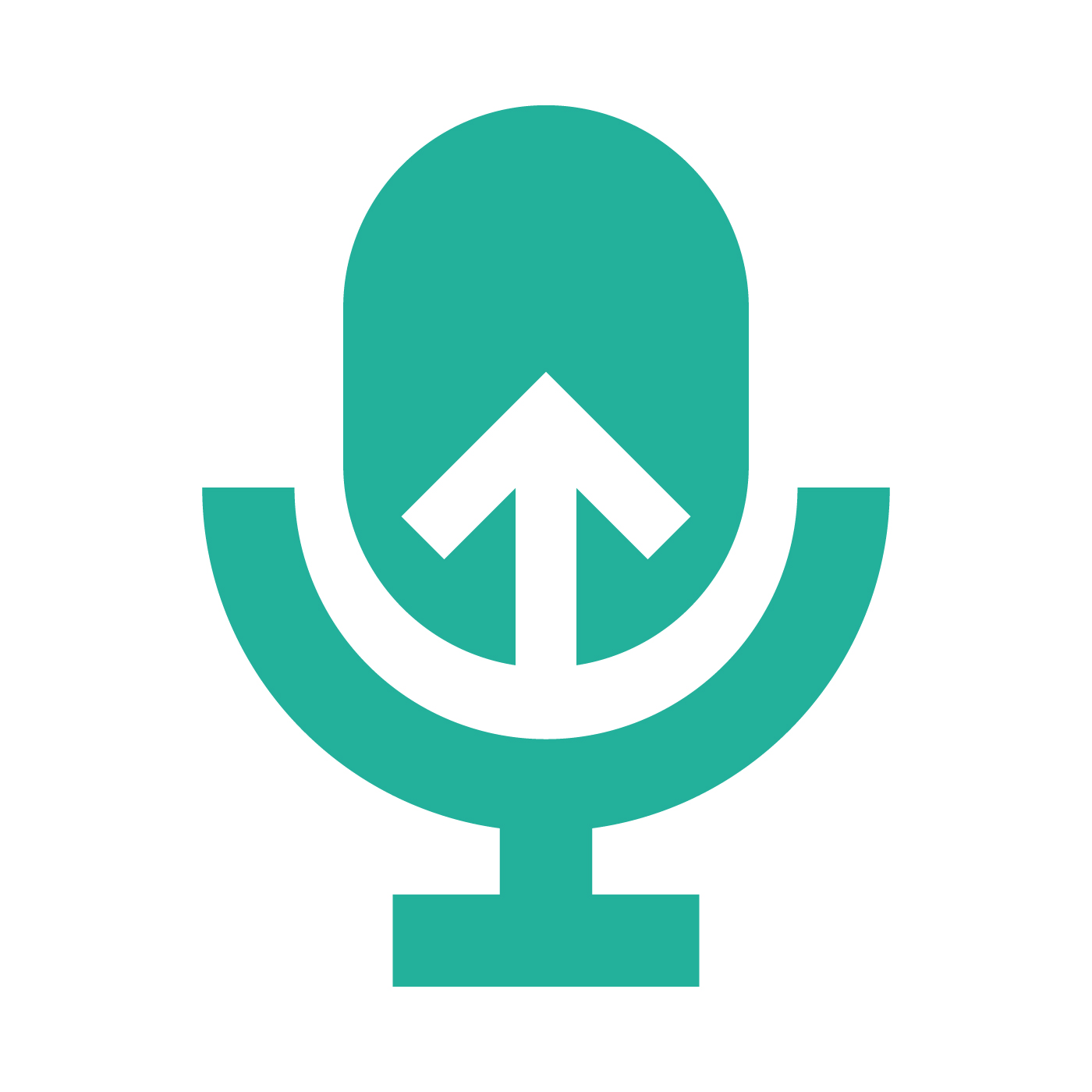RankUp #17 - Rethinking SEO Strategy with Ric Rodriguez

b"
We welcomed Ric Rodriguez to the RankUp podcast for episode 17 to discuss his unique take on SEO strategy. You can listen to the full interview on your podcast app of choice, or right here on this page.
\\n
\\nAnd now, for the first time, you can keep reading to see the first 20 minutes of the interview in text form, or use the contents block below to skip to a paritcular topic of interest.
\\n
\\nIntroducing Ric
\\n
\\nBen: Can you give us a quick overview of how you got to your current role and what that means for you now?
\\n
\\nRic: So first things first. I'm Search Director at Vashi, which means my responsibility is across paid search and organic search. I'm also overseeing our performance channels as well.
\\n
\\n[Before Vashi] I was predominantly an agency-side marketer, including being employee number four at Three Whiskey, so I was agency through and through. I also spent a year at Yext, a technology vendor in the search space. While I was there, I was effectively their European evangelist talking to businesses about all the wonderful things that search can do for them.
\\n
\\nHow do you start out with SEO in a new industry?
\\n
\\nBen: What it was like for you getting to grips with the SEO requirements for a site that you're now Search Director for, you were new to?
\\n
\\nRic: Whether you\\u2019re agency or in-house, you have to learn quite quickly. That was the challenge with me. I can't claim to have been a super expert on the jewellery industry\\u2026I bought jewellery before I and thought I knew a lot, but as with all different subjects, there's tons of tons of information out there that you need to know.
\\n
\\nI've learned to approach these challenges in a way in which I put myself in the mindset of the customer and then figure out what's out there. So let's take a general example. You might know nothing about mortgages. And so the first thing you do is say, \\u201cWhat would I do if I actually needed the mortgage?\\u201d
\\n
\\nThe first thing I'll be doing is looking at what's in the search results. I then go to YouTube, and lots of different places to start to piece these ideas together and build my knowledge, and then you start to follow the rabbit holes as you figure out more. Over time, you get to learn the industry and what's out there in the competitive landscape.
\\n
\\nExploring the search landscape like a customer
\\n
\\nEdd: It sounds like you're approaching it from a joint view where there's a professional level to which you need to know stuff, where you\\u2019re in-house or agency. If you're going to provide good service, you need to get a base level understanding of what you're working in. But you\\u2019re also able to replicate what a user on the street is doing pretty closely because you're having to do the same searches as customers who don\\u2019t know the industry.
\\n
\\n
\\n
\\nI've mentioned before that I was sitting next to a friend when he was shopping for a jacket and I saw him go to image search, and I thought, \\u201cWhy are you searching that way?\\u201d But it's these ways of thinking like a customer or trying to get to know how a customer shops within that industry that gives you the biggest wins.
\\n
\\n
\\n
\\nRic: We often think of search often as a search engine and therefore we have a very clear view of what the output is. I prefer to think of search as a verb, not a noun, because it is ultimately a way in which anyone can look for information and find it. It could be anything from traditional search engines like Google, to third party comparison sites, or image search in your example.
\\n
\\n
\\n
\\n